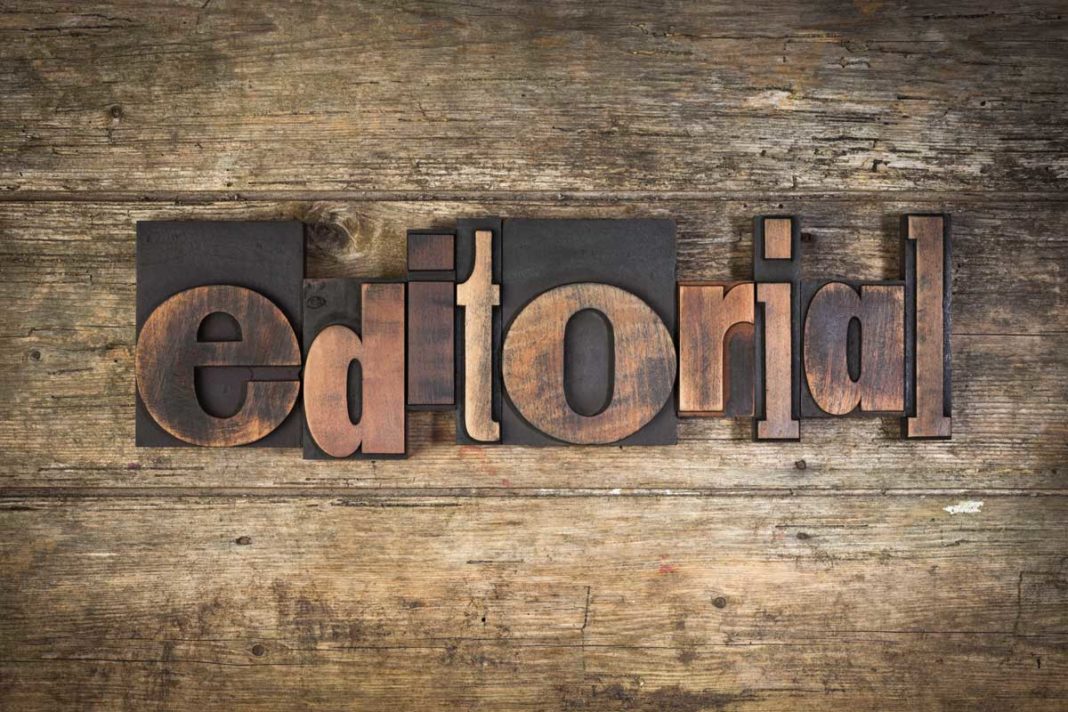Fear is a powerful motivator. Human beings (along with most of creation’s other creatures) share automatic impulses designed to protect and preserve us from the many dangers with whom we share the globe. But sometimes fear can cause us to do terrible things, things we would not consider doing under different circumstances.
Fear has been harnessed by demagogues and charlatans throughout history, and by none more so than politicians of all stripes, shapes and sizes, to herd people down paths upon which they normally would not tread. Small wonder then that distrust of government has risen generally across the globe.
It was fear that led the civilized and staid burgers of the Weimer Republic to turn their backs on reason and humanity to elect a monster into a position of power. Once harnessed, that fear helped plunge the world into several years of darkness from which 12 million innocent people would not return. That darkness would go on to cost thousands of lives—all because (legitimate) fear prevented decent people from stepping up and speaking out.
In the current context of the COVID-19 pandemic fear is once again at work, bringing with it both positive and negative consequences and reactions.
On the positive side of the ledger, much of the success of the current vaccination efforts (with more than 83 percent of the nation stepping up for the jab) can be traced to a healthy fear of the deadly consequences of contracting the virus. Canadians, traditionally more trusting of their government and health officials to the south of us, have rolled up their sleeves to take part in the battle to wrestle this pernicious virus and its variants to the ground—and despite the rising numbers of the fourth wave, our nation is winning that battle.
But on the negative side of the ledger many among us have turned our fears on those who are not willing to accept the word of politicians and the medical establishment (Oxycontin wasn’t addictive according to many of the latter and in normal times the former are trusted less than your average used car salesman) and join the vaccinated on the barricades of this war.
Involuntary medical procedures have a long, storied and incredibly horrid history in this country—particularly for Indigenous peoples. Yet there are those among us who would gladly see those imposed upon their recalcitrant neighbours.
Also on the negative side of the fear ledger are those who oppose the voluntary vaccinations of others. It is hard to comprehend the motivation of the small handful of protestors who are mobilizing at the vaccination clinics—screaming vitriol and derision upon those who, voluntarily, are stepping up to do their bit to help crush the virus. But not all of those who oppose vaccination fall into that odious category; it is important to listen and understand another’s point of view.
Neither those who shame and name-call those who express fears of the vaccines or the loss of rights and freedoms they see as inherent in vaccination passports and travel restrictions, nor those who deride and name-call those who express fears of the non-vaccinated have right on their side—even though they passionately believe they do. Both sides are convinced that God and country are with them—we cannot purport to speak for the former, but we can assert categorically that the latter is not onside with either camp, despite those fears.
Passion can be a good thing, but like fear, passion can travel too far down the road to intolerance. Name calling, shaming, intimidation, bullying and other forms of coercion should never be considered tolerable in a free and democratic society. Those who pile on the anti-vaxers in digital forums, at work or on the street and those who pile derision and vitriol on those who express concerns over the need for more people to be vaccinated have opinions that differ from our own are two sides of a very bad penny.
Very few friends are won on the playground by calling names. Instead, positions become hardened and fears accelerate into paranoia—all of which are injurious to mental health at a time when stress and anxiety have ascended to almost unprecedented levels in our nation.
Reasoned debate is the very lifeblood of a just and civil society. It is not necessary to scroll by a position different than our own, in fact understanding another’s point of view is critical to finding some middle ground upon which we might stand together in this fight—but uncivil responses should remain beyond the pale.
Do not let fear lead us into unreason and hatred—history has shown us such paths do not work out in the end.




